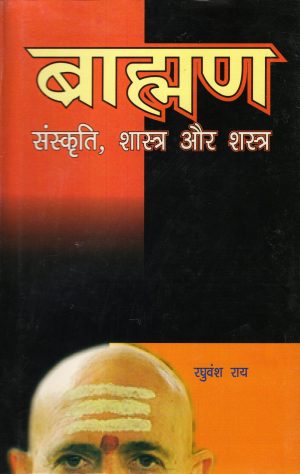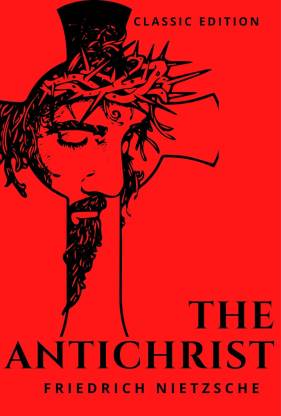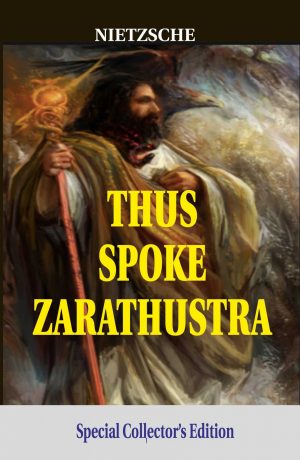Religion & Philosophy
Siddhartha : An Indian Tale by Hermann Hesse (Hardback)
- ISBN-13 : 978-8182475441
- Page: 141
- Dimensions : 22 x 14 x 1 cm
- Siddhartha, novel by Hermann Hesse based on the early life of Buddha, published in German in 1922. It was inspired by the author’s visit to India before World War I.
₹299.00 ₹495.00






There are no reviews yet.